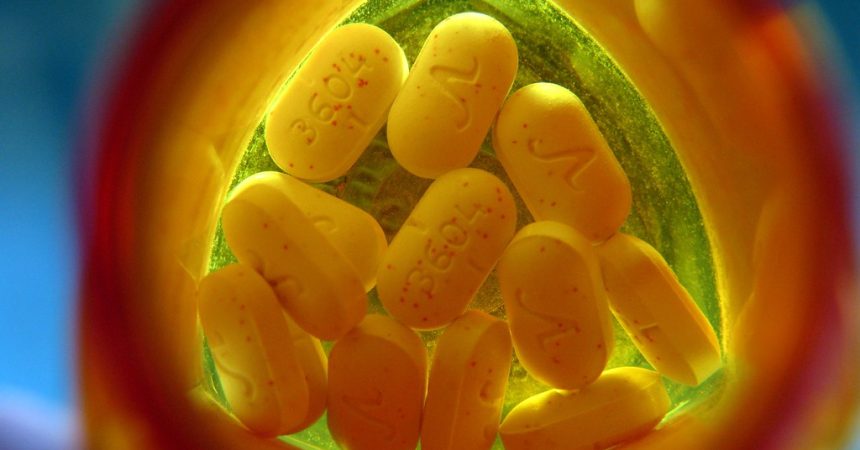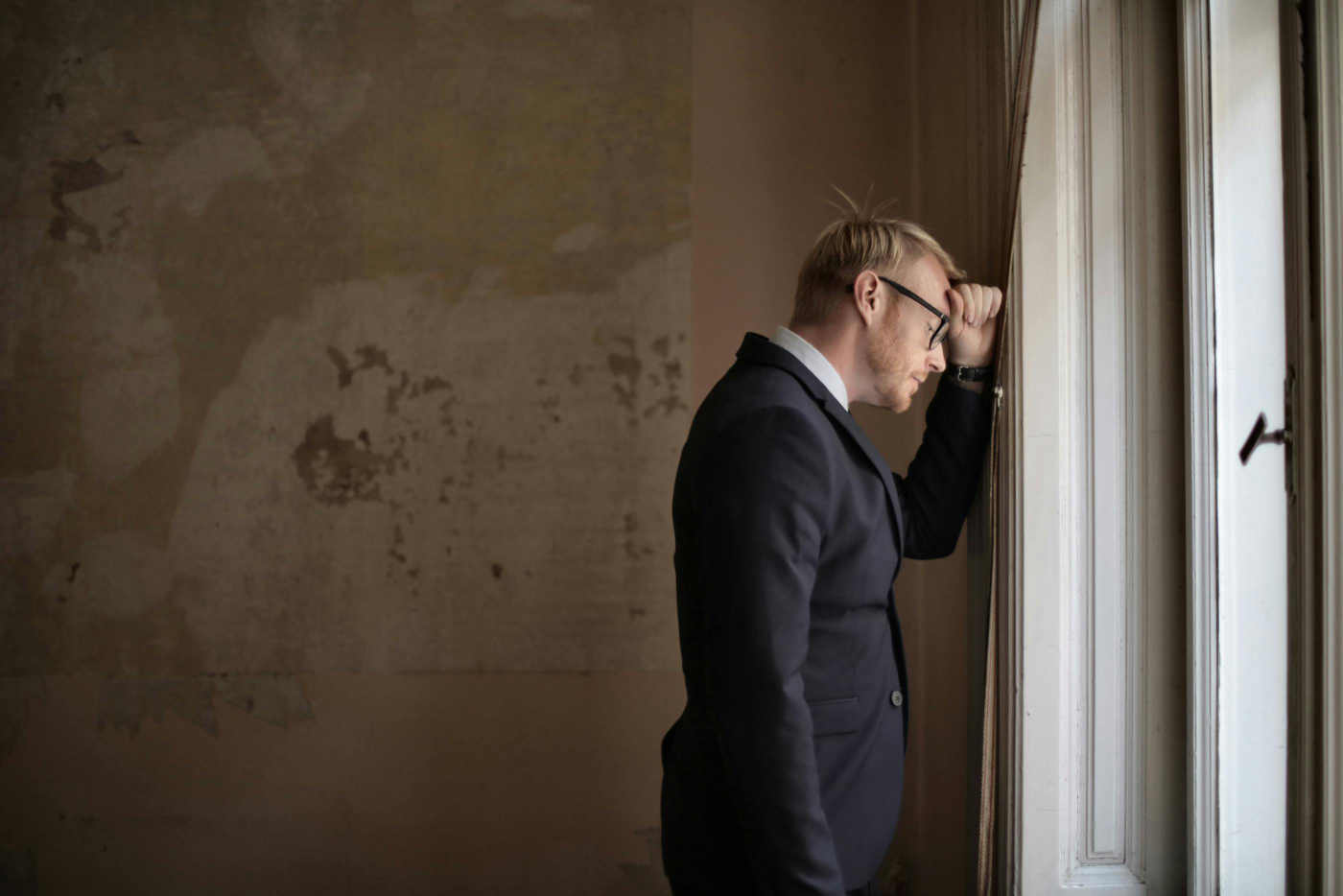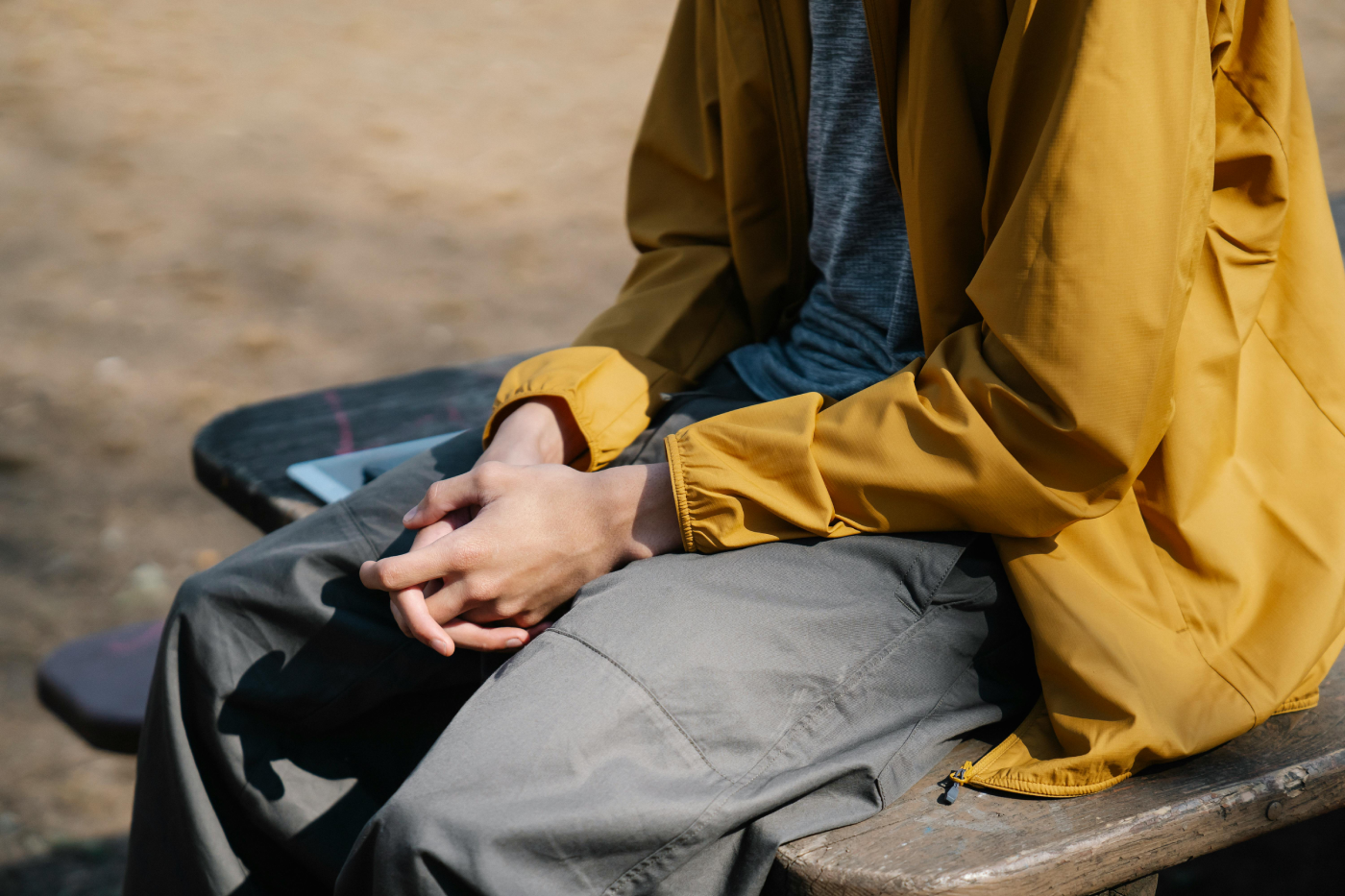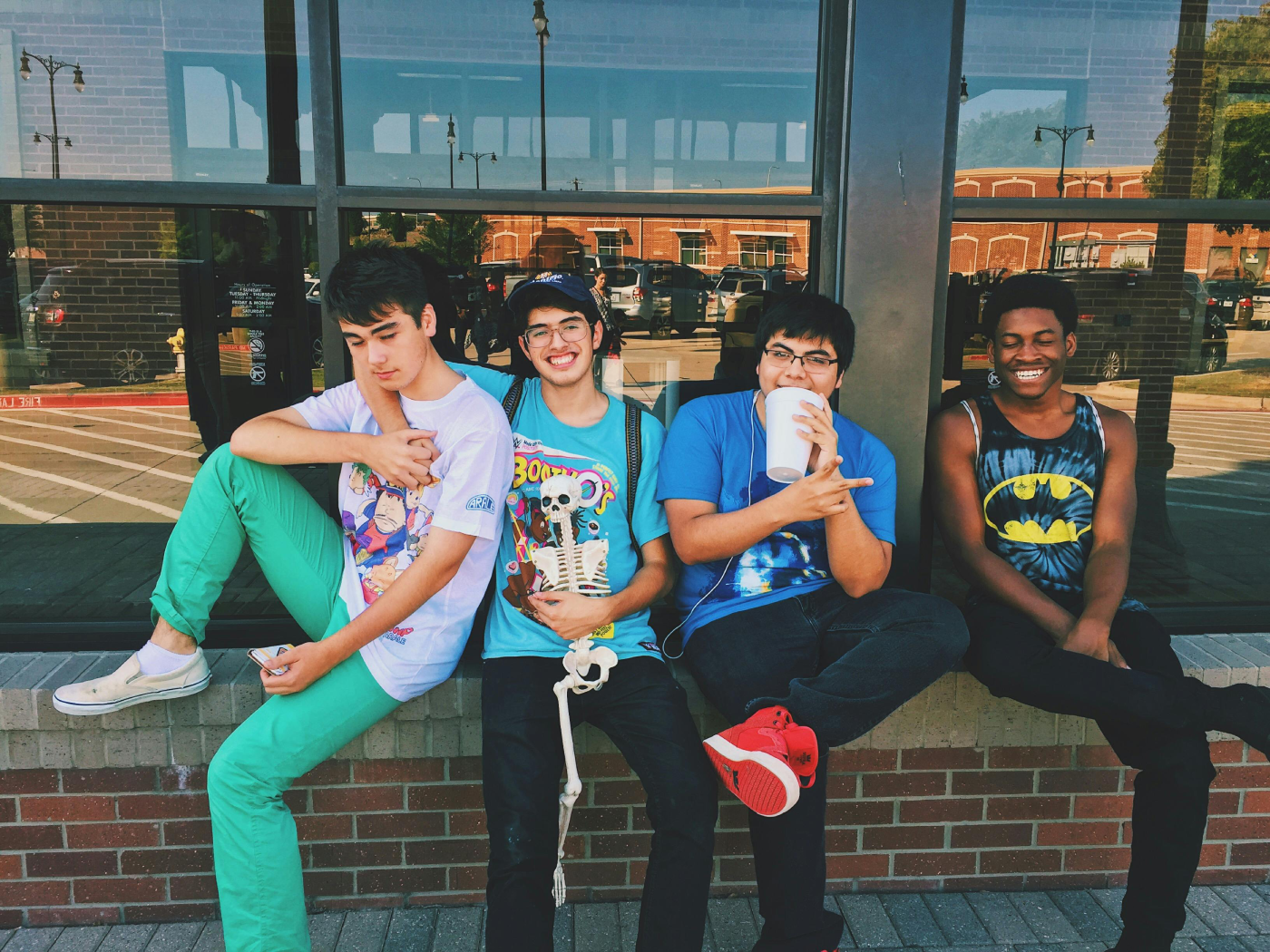In a world where pain management is a priority for many, prescription opioids like Vicodin have become a common solution. However, the line between pain relief and addiction is thin, and Vicodin addiction can take hold before you even realize it.
Understanding the symptoms of Vicodin addiction is crucial for early intervention and recovery. In this blog post, we’ll explore Vicodin addiction symptoms and how Shoreline Recovery Center can help those struggling with this issue.
Understanding Vicodin
Vicodin is a prescription medication that combines hydrocodone, a powerful opioid pain reliever, and acetaminophen, a common over-the-counter pain reliever. It is typically prescribed to manage moderate to severe pain. While Vicodin can be highly effective in providing relief, it also carries a significant risk of addiction due to its opioid component.
Recognizing Vicodin Addiction Symptoms
Increased Tolerance: One of the early signs of Vicodin addiction is the development of tolerance. Over time, individuals may find that they need higher doses to achieve the same level of pain relief, which can lead to increased use.
Physical Dependence: As tolerance builds, physical dependence on Vicodin may develop. Individuals may experience withdrawal symptoms when they try to reduce or stop their Vicodin use. These symptoms can include nausea, sweating, restlessness, and muscle aches.
Compulsive Use: Individuals with Vicodin addiction may find themselves using the drug compulsively, even if it is no longer medically necessary or if they experience negative consequences as a result.
Neglecting Responsibilities: Addiction can lead to a decline in an individual’s ability to meet their daily responsibilities, such as work, school, or family obligations. They may prioritize obtaining and using Vicodin over these important aspects of life.
Social Isolation: People struggling with Vicodin addiction often withdraw from friends and family, isolating themselves to hide their drug use or due to shame and guilt.
Financial Problems: Maintaining a Vicodin addiction can be costly. Individuals may start experiencing financial difficulties due to spending a significant portion of their income on obtaining the drug.
Doctor Shopping: Some individuals addicted to Vicodin engage in doctor shopping, visiting multiple healthcare providers to obtain additional prescriptions. This behavior is illegal and dangerous.
Changes in Behavior: Vicodin addiction can lead to noticeable changes in behavior, such as mood swings, irritability, and a decline in personal hygiene.
Loss of Interest: People with Vicodin addiction may lose interest in activities they once enjoyed and become preoccupied with obtaining and using the drug.
Risk-Taking: As addiction progresses, individuals may engage in risky behaviors to obtain Vicodin, such as stealing or engaging in illegal activities.
Seeking Help for Vicodin Addiction
Recognizing the signs of Vicodin addiction is an essential first step, but seeking help is equally important. Shoreline Recovery Center is here to provide the support and guidance needed for individuals and their families dealing with Vicodin addiction.
Our Approach to Vicodin Addiction Treatment
Individualized Treatment Plans: At Shoreline Recovery Center, we understand that each person’s journey to recovery is unique. We create personalized treatment plans that address the specific needs and goals of our clients.
Medically Supervised Detox: Detoxification from Vicodin can be challenging due to withdrawal symptoms. We offer medically supervised detox programs to ensure the safety and comfort of our clients during this crucial phase.
Therapeutic Interventions: Therapy plays a central role in addiction treatment. We provide a range of evidence-based therapies, including cognitive-behavioral therapy (CBT), individual counseling, group therapy, and family therapy.
Dual Diagnosis Treatment: Many individuals with Vicodin addiction also struggle with co-occurring mental health disorders. Our dual diagnosis treatment addresses both addiction and underlying mental health issues.
Relapse Prevention: Learning to manage triggers and prevent relapse is essential for long-term recovery. Our relapse prevention programs equip clients with the skills and strategies needed to maintain sobriety.
Aftercare and Support: Recovery doesn’t end with treatment. We offer aftercare programs and ongoing support to help clients transition back into their daily lives with confidence.
In Summary
Vicodin addiction is a serious and often hidden problem. Recognizing the symptoms is the first step towards recovery. At Shoreline Recovery Center, we are dedicated to helping individuals break free from the grips of Vicodin addiction. If you or someone you know is struggling, don’t hesitate to reach out for help. Recovery is possible, and we are here to support you every step of the way. Contact us today to learn more about our comprehensive addiction treatment programs.
Remember, you don’t have to face Vicodin addiction alone. Shoreline Recovery Center is here to guide you toward a healthier, drug-free future.







